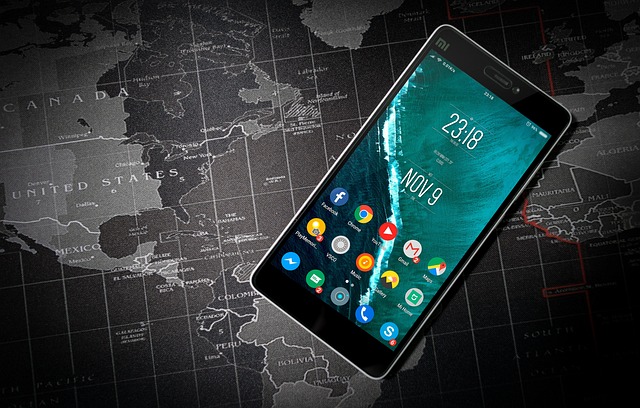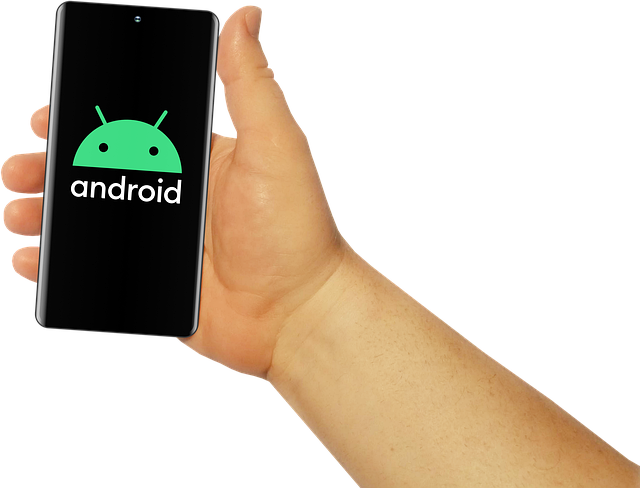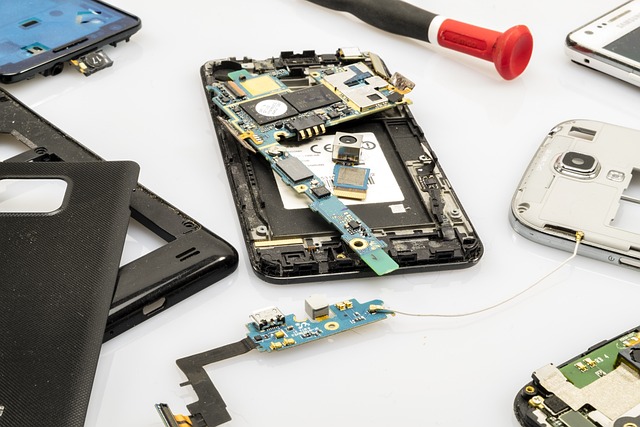Nonprofits in West Virginia using autodialers for marketing or telemarketing must comply with state and federal laws, notably the Telephone Consumer Protection Act (TCPA), to avoid legal issues. They must obtain explicit donor consent, deliver relevant messages, and offer opt-out options while maintaining strict data privacy. Effective use of autodialers can enhance outreach, but nonprofits should ensure tailored scripts, targeted messaging, and regular reviews of consent forms to remain compliant with evolving regulations in West Virginia.
In Fairmont, West Virginia, nonprofits often seek innovative ways to engage supporters and advance their missions. Among these tools, autodialers promise significant outreach capabilities, but their use comes with legal and ethical considerations. This comprehensive guide navigates the best practices for nonprofit organizations aiming to maximize the benefits of autodialing while ensuring compliance with West Virginia regulations. From understanding legal frameworks to implementing ethical outreach strategies and managing data privacy, this article equips nonprofits with essential knowledge for responsible autodialer usage.
Understanding Autodialer Regulations in West Virginia: A Nonprofit's Guide
In West Virginia, the use of autodialers, or automatic telephone dialing systems (ATDS), is regulated by state and federal laws, including the Telephone Consumer Protection Act (TCPA). Nonprofit organizations utilizing autodialers to contact donors or supporters must be aware of these regulations to ensure compliance and avoid potential legal repercussions. The TCPA restricts the use of ATDS for certain purposes, such as marketing or telemarketing, without prior explicit consent from recipients.
Nonprofits in Fairmont and across West Virginia should understand that while autodialers can be effective tools for outreach, they must adhere to strict guidelines regarding caller identification, opt-out requests, and recordkeeping. It is crucial to obtain proper consent before making automated calls, document the process meticulously, and respect individual choices to stop receiving such calls. By following these regulations, nonprofits can effectively engage with their audiences while maintaining legal integrity.
Best Practices for Ethical and Legal Outreach Using Autodialers
When utilizing autodialers in outreach for nonprofits in Fairmont, West Virginia, it’s paramount to uphold ethical and legal standards. This means obtaining explicit consent from individuals before dialing them, ensuring your messages are relevant and not intrusive, and providing an easy opt-out method. Nonprofits must respect privacy laws, such as the TCPA (Telemarketing Consumer Protection Act), which prohibits unsolicited calls to phone numbers on the Do Not Call Registry.
Compliance with these regulations not only avoids legal repercussions but also builds trust with potential donors or supporters. Clear communication about your organization’s identity and purpose during autodialer campaigns can enhance engagement, leading to more meaningful connections. Remember, ethical practices are key to fostering lasting relationships in the nonprofit sector.
Ensuring Compliance: Data Privacy and Consent Management for Nonprofits
In the nonprofit sector, using an autodialer for outreach and communication comes with a responsibility to uphold data privacy and obtain proper consent. Nonprofits in West Virginia must ensure they comply with state and federal regulations governing telemarketing and consumer protection. This includes obtaining explicit consent from individuals before making automated calls, providing clear opt-out options, and securing sensitive data to prevent breaches or unauthorized access.
Managing consent effectively involves maintaining up-to-date records of donor preferences and interactions. Nonprofits should implement robust data management practices to ensure they only contact individuals who have consented to receive autodialed messages. Regularly reviewing and updating consent forms and procedures is essential to staying compliant with the evolving regulations surrounding autodialer use in West Virginia and beyond.
Maximizing Impact: Effective Strategies for Utilizing Autodialers in Fundraising Campaigns
In the nonprofit sector, maximizing impact through fundraising is key to sustaining operations and achieving mission goals. Integrating an autodialer into your fundraising campaigns can significantly enhance outreach efforts. These automated phone systems allow nonprofits to connect with a larger audience in West Virginia and beyond, ensuring that crucial messages reach potential donors efficiently. By leveraging autodialers, organizations can streamline their communication strategies, personalizing interactions while managing volunteer or staff time effectively.
Effective use of an autodialer involves crafting tailored scripts that resonate with diverse audiences. This includes incorporating compelling narratives, highlighting the impact of donations, and providing clear calls to action. Additionally, segmenting donor lists based on demographics, past giving history, or campaign engagement allows for targeted messaging. Such strategies not only maximize response rates but also foster deeper donor connections, encouraging recurring support and long-term engagement with the nonprofit’s cause.






